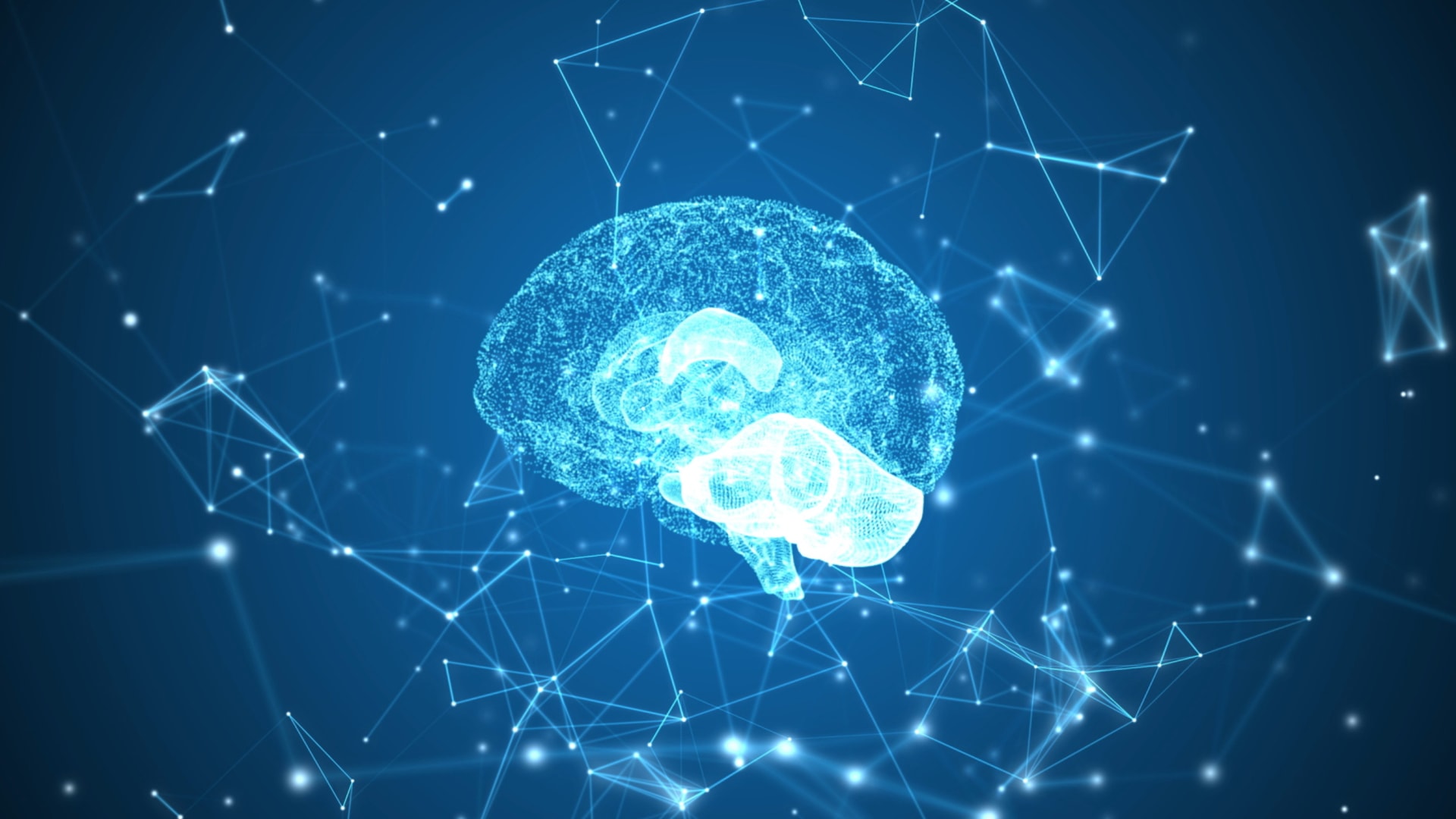As a psychotherapist – and bit of science nerd – I talk about the brain a lot. I talk about the evolutionary hangover that causes fight, flight and freeze, our primal yearning for belonging and our requirement for affection. Although they may look like human tripe, brains are pretty clever.
Our brains hold deeply enmeshed patterns developed over a lifetime of experiences and information, which then reinforce our beliefs. However, unbalanced communication between the brain’s emotional boss (the amygdala) and memory centre (the hippocampus) can sometimes cause an inability to differentiate negative experiences which may share common features.
The phrase I therefore use with clients is, “Am I reacting to the situation in front of me, or a previous situation with similar characteristics?” This is an attempt to centre the person in the now, to be present and to react to each situation as a completely new one with different inputs and outcomes. With the help of hypnosis, we can change how the brain receives and interprets this information. Studies using brain imaging have been able to track how this difference can be not only felt, but also seen, after post-hypnotic suggestion.
Reduced functionality of our brains can mean different things depending on the area. If it occurs in our hippocampus, it can result in memory disruption, if it is the prefrontal cortex, it can interrupt our executive function, and if the amygdala is affected, our mood regulation can suffer. When the information which these parts of our brains receive is poor, they develop coping mechanisms that aren't the best either.
When fully functioning, our prefrontal cortex and amygdala work in unison to mediate emotional response and the recognition of emotional cues in others, however ‘atrophy’ (shrinkage) can occur in the hippocampus, thalamus, amygdala, frontal and prefrontal cortices. Evolution gave us neuroplasticity, the ability to unlearn and learn new neural pathways. Neuroplasticity combined with being courageous and accessing therapy along with medication that can reverse atrophy, can all add up to helping your brain re-route more effective ways to manage anxiety, depression and low mood.
Ultimately, it’s not only in your mind, but in your brain.









